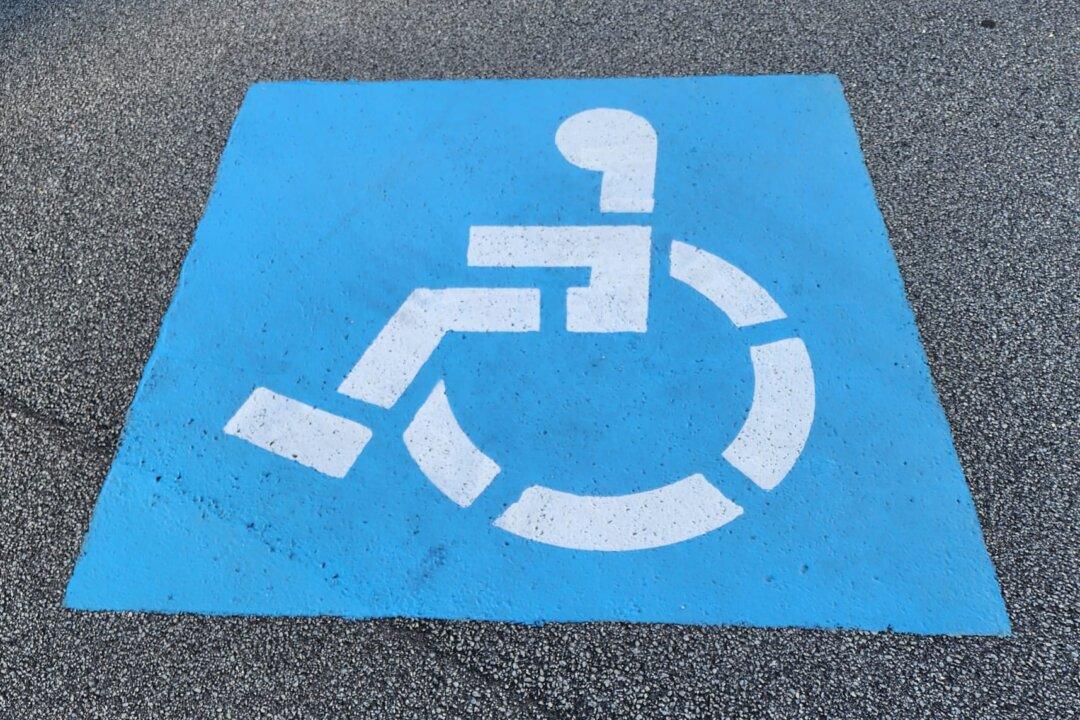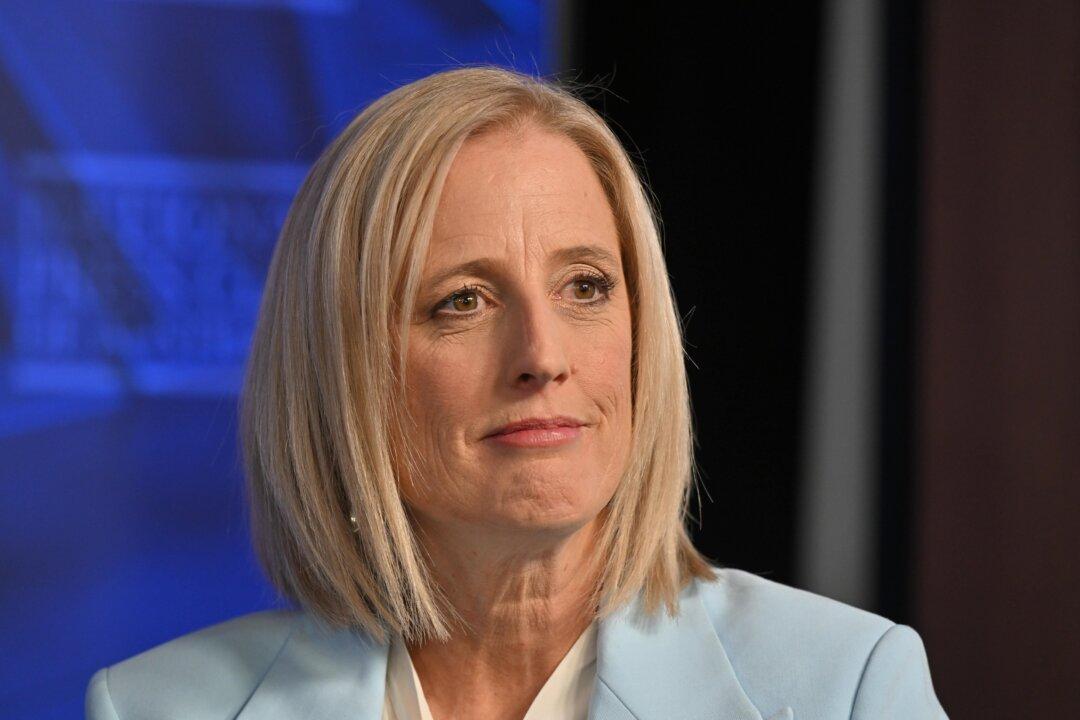The Royal Commission report on disability remains a contentious issue in the House of Representatives, with the shadow minister dismissing the minister’s claims of following its recommendations.
“We should acknowledge that disability advocates were disappointed to find out last week that only 13 recommendations were fully accepted, despite 117 being accepted in principle, 36 set aside for further consideration, and six simply noted,” said Shadow Minister for Social Services Michael Sukkar, as he requested the House to refer the matter to the Federation Chambers for debate.





